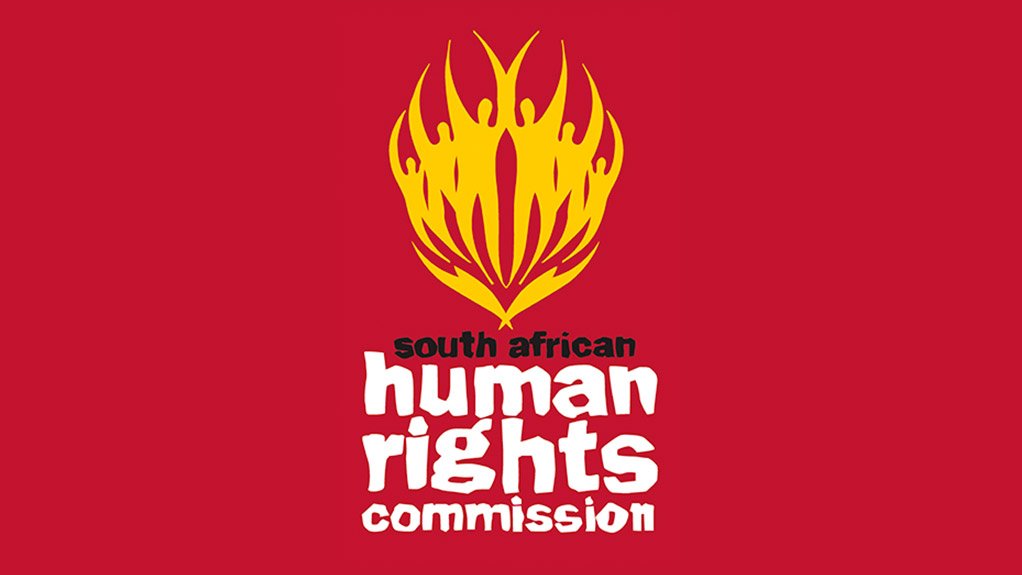The content on this page is not written by Polity.org.za, but is supplied by third parties. This content does not constitute news reporting by Polity.org.za.
The South African Human Rights Commission (SAHRC/Commission) has noted media reports regarding the completion of the first phase of the Magalies Klipdrift Water Treatment Plant by the City of Tshwane Metropolitan Municipality. It is reported that water supplied from the Magalies Klipdrift Water Treatment Plant is safe for consumption.
The City of Tshwane Metropolitan Municipality, through its press statement, reported that the completion of the first phase of the project means that at least 12,5 megalitres per day (Mℓ/d) of treated water will be supplied to various areas in Hammanskraal. The supply areas include Wards 49, 73, 74, and 75, specifically Mandela Village, Marokolong, Ramotse, Kekana Gardens (also referred to as Steve Bikoville), and Babelegi Industrial.
The Hammanskraal residents have been without drinkable water for approximately 20 years. In May 2023, Hammanskraal also became the epicentre of a cholera outbreak where 99 confirmed cases of cholera and 23 deaths were reported.
The Commission has been receiving complaints relating to the WWTW under the jurisdiction of the City of Tshwane since 2018. The complaints related in particular, to the Rooiwal, Temba, and Baviaanspoort WWTW.
In 2021, the Commission instituted an investigation and released the Report of the Gauteng Provincial Inquiry into the Sewage Pollution of the City of Tshwane’s Rivers and the Roodeplaat Dam which found that the primary reason for the unacceptable levels of pollution is the failure to manage and maintain existing Waste Water Treatment Works (WWTW) in the City of Tshwane over a prolonged period.
The Report further found that there was insufficient budget allocation, continuous change in municipal managers, poor planning, poor management, and paucity of the necessary skilled human resources available to maintain the WWTWs contributed to the malfunction and inadequate state of repair of WWTW.
Following the release of the report, the Commission engaged with the City of Tshwane, the Department of Water and Sanitation, and other stakeholders to monitor its recommendations. The City of Tshwane submitted a plan to the Commission which included the provision of an alternative drinking water source by Magalies Water for Hammanskraal through the emergency construction of a package plant at Klipgaart WWTW.
The Commission welcomes this latest development, which means that residents of Hammanskraal, who have long suffered without water, will finally have access to clean tap water. The Commission today visited Ramotse, Morokolong, Kekana Gardens and Mandela Village to do inspections and monitor. The Commission found that indeed tapped water is available for the residents.
While the Commission notes the efforts made to provide the residents with clean tap water, the Commission implores all relevant stakeholders to make provision in their annual budgets for the maintenance of wastewater treatment systems.
In addition, the Commission implores all municipalities placed under regulatory surveillance in accordance with the Water Services Act (108 0f 1997) by the Department of Water and Sanitation, to take appropriate measures to improve wastewater systems which are in a critical state.
The Commission and the Public Protector South Africa will undertake a joint inspection as both organisations have issued reports relating to the wastewater treatment systems in Tshwane. The Commission will continue to monitor the recommendations of its report.
The achievement of equality and dignity, one of the founding values of our Constitution, will not be accomplished while there is unequal access to basic access to basic water supply.
Issued by the South African Human Rights Commission.
EMAIL THIS ARTICLE SAVE THIS ARTICLE ARTICLE ENQUIRY
To subscribe email subscriptions@creamermedia.co.za or click here
To advertise email advertising@creamermedia.co.za or click here











